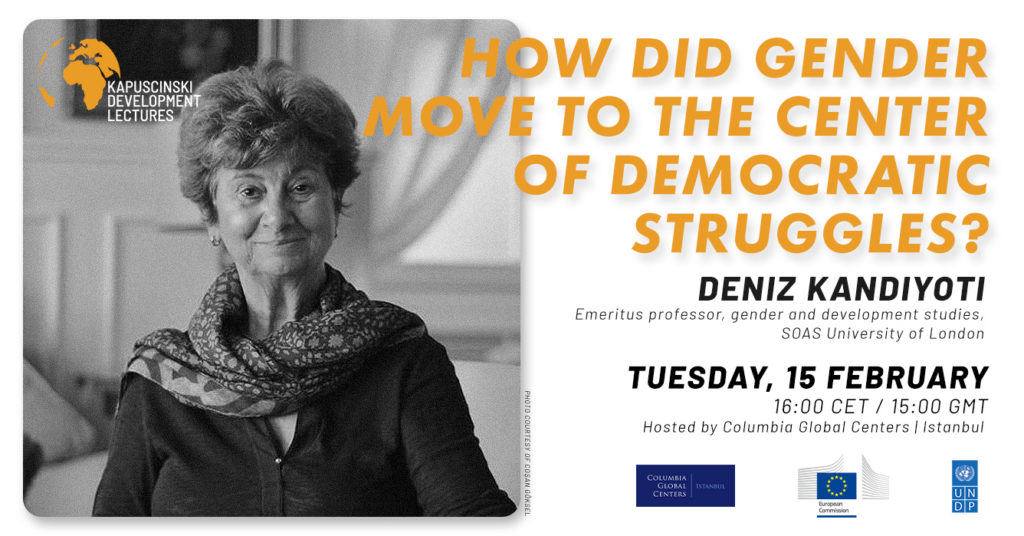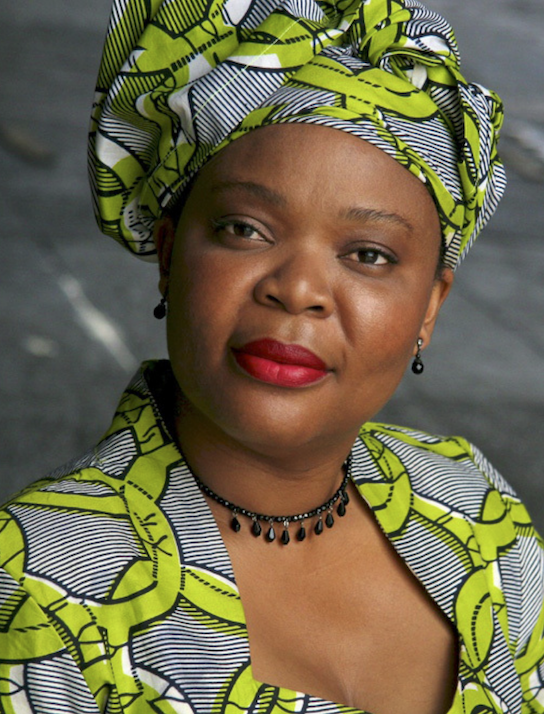
The central objective of this talk is to analyze how the politics of gender came to occupy a central place in debates over citizenship, national belonging, and the future of democratic governance. These debates diverge widely from challenges and to the most basic rights to freedom of movement and education for women in countries like Afghanistan to demanding full recognition of LGBTQI rights in the European Union.
Is there any hope of finding a mutually intelligible language for claim-making and voice in a world where most women (and men) continue to be locked into coerced identities while feminists in the North are engaged in sometimes acrimonious debates over identities, bodies, and sexualities? The answer to this question resides in understanding the influences that have led us to the ‘anti-gender ideology’ moment which has gained momentum with the spread of authoritarian populisms across the globe.
Kandiyoti argues that a combination of both external onslaughts in the form of different types of backlash and the contradictions and dysfunctions internal to platforms claiming to have a feminist agenda have led us to this perilous moment. The challenge before us is to find the imagination and wisdom to forge a new politics of solidarity that resonates across the globe.






